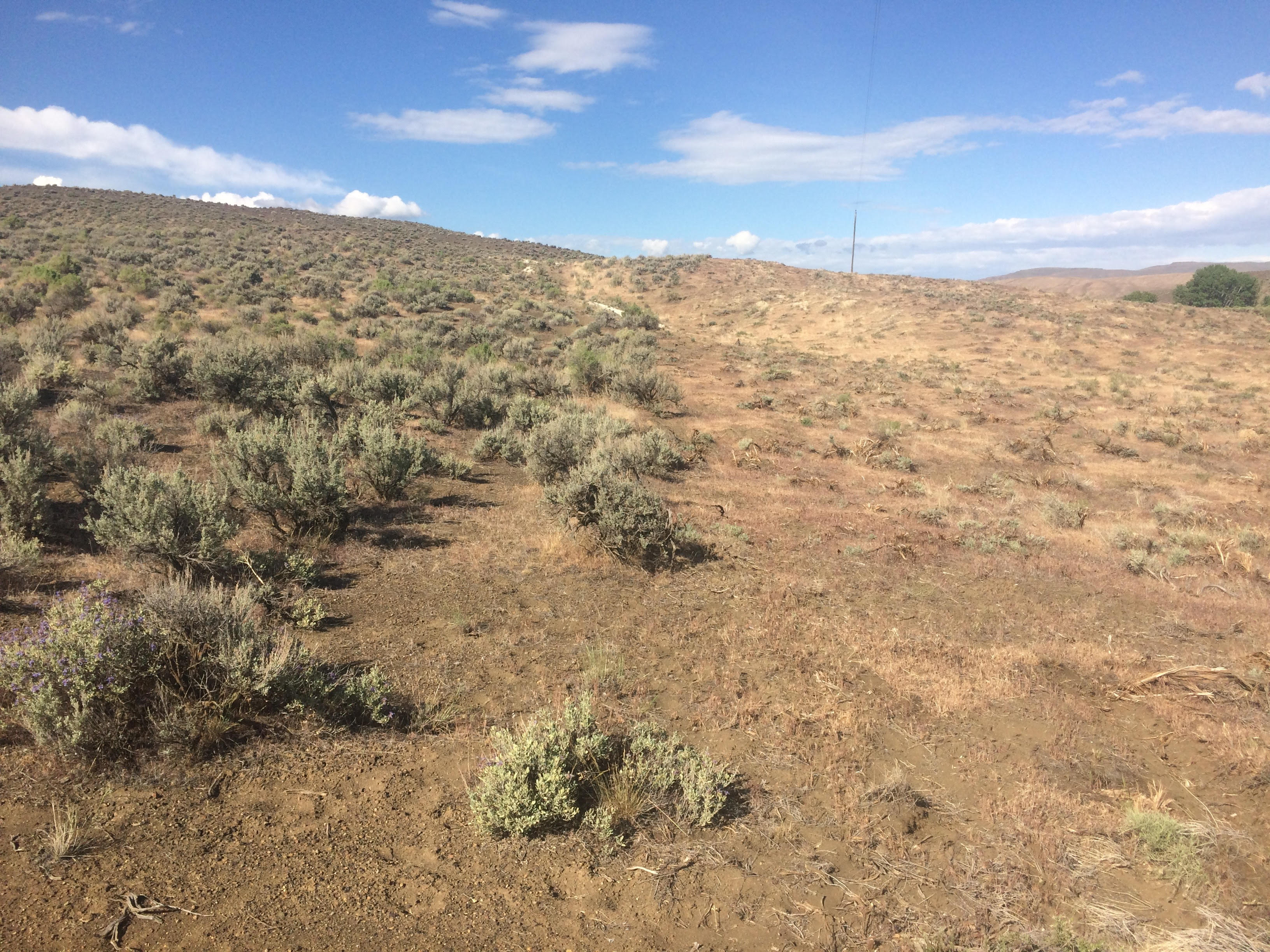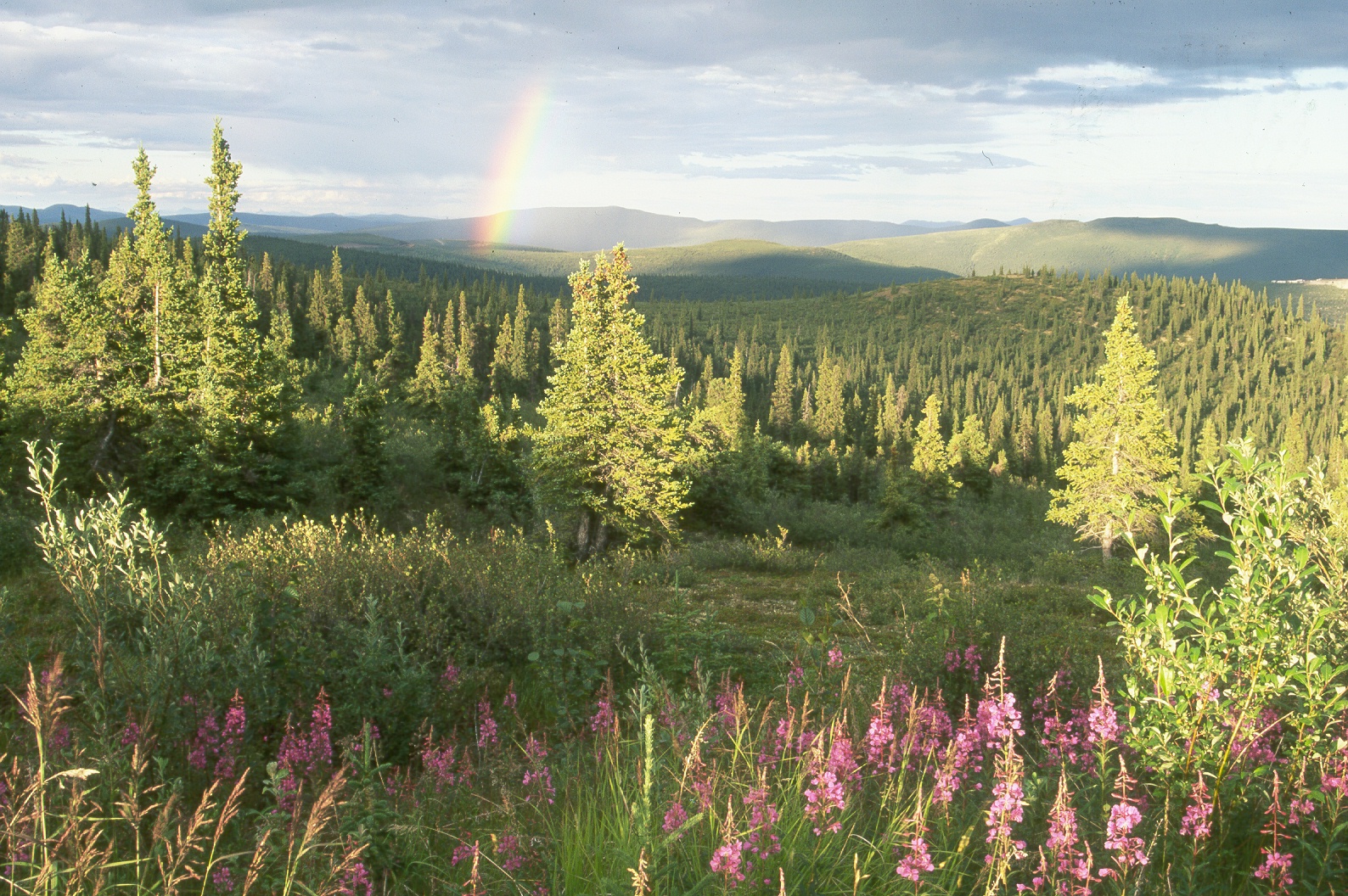Climate Change
-
The Deschutes National Forest with the blessings of the Deschutes Collaborative is busy cutting and degrading our forest ecosystems based on several flawed premises. First, they assert that 100 years of fire suppression has led to higher, denser stands, and secondly that has created what they term are “unhealthy” forests. Both are used to justify…
-
Recently Colorado U.S. Rep. Scott Tipton was quoted during a congressional hearing of the House Natural Resource Committee recommending the government enlist ranchers and farmers to better protect federal lands. “Some of the best custodians for public lands happen to be our ranchers,” Tipton, R- Cortez, said. Tipton is ignoring the full impacts of livestock…
-
Tree fire scars are used to reconstruct past fire occurrence. These historical reconstructions are often used to guide current forest management on federal lands. Trees charred but not killed by past fires often form scars where the cambium and inner layers were burnt by fires. A researcher can count the growth rings between scars and…
-
One of the biggest impacts resulting from logging our forests that is largely ignored by public land management agencies is the contribution that timber harvest makes to Green House Gas (GHG) emissions. Increasingly it is clear that the greatest value of our public forests might be to end all thinning/logging and protect them as carbon…
-
This past winter, the Bureau of Land Management (BLM) began preparing two Environmental Impact Statements to review the environmental consequences of creating a region-wide series of “fuel breaks” that will add thousands of miles of new linear pathways across the Great Basin portion of Nevada, Idaho, Oregon and Utah. The goal of fuel breaks is…
-
This past winter, the Bureau of Land Management (BLM) began preparing two Environmental Impact Statements to review the environmental of consequences creating a region-wide series of “fuel breaks” that will add thousands of miles of new linear non-sagebrush habitat across the Great Basin portion of Nevada, Idaho, Oregon and Utah. The goal of fuel breaks…
-
Logging, conducted ostensibly to “thin the forest”, “reduce fuels” or for so-called “restoration”, causes a net loss of carbon from forest ecosystems. One of the best strategies for reducing CO2 levels is by protecting our forests. Yet few environmental groups, even those who focus on climate change, advocate for the reduction of logging on…
-
By Erik Molvar, Western Watersheds Project Dr. Edward O. Wilson, one of the world’s foremost ecologists and thinkers, will be in Washington, D.C. next week for a series of presentations on migration corridors in the United States and the diversity of life across the globe. This is part of Dr. Wilson’s ‘Half-Earth’ campaign, a proposal…


